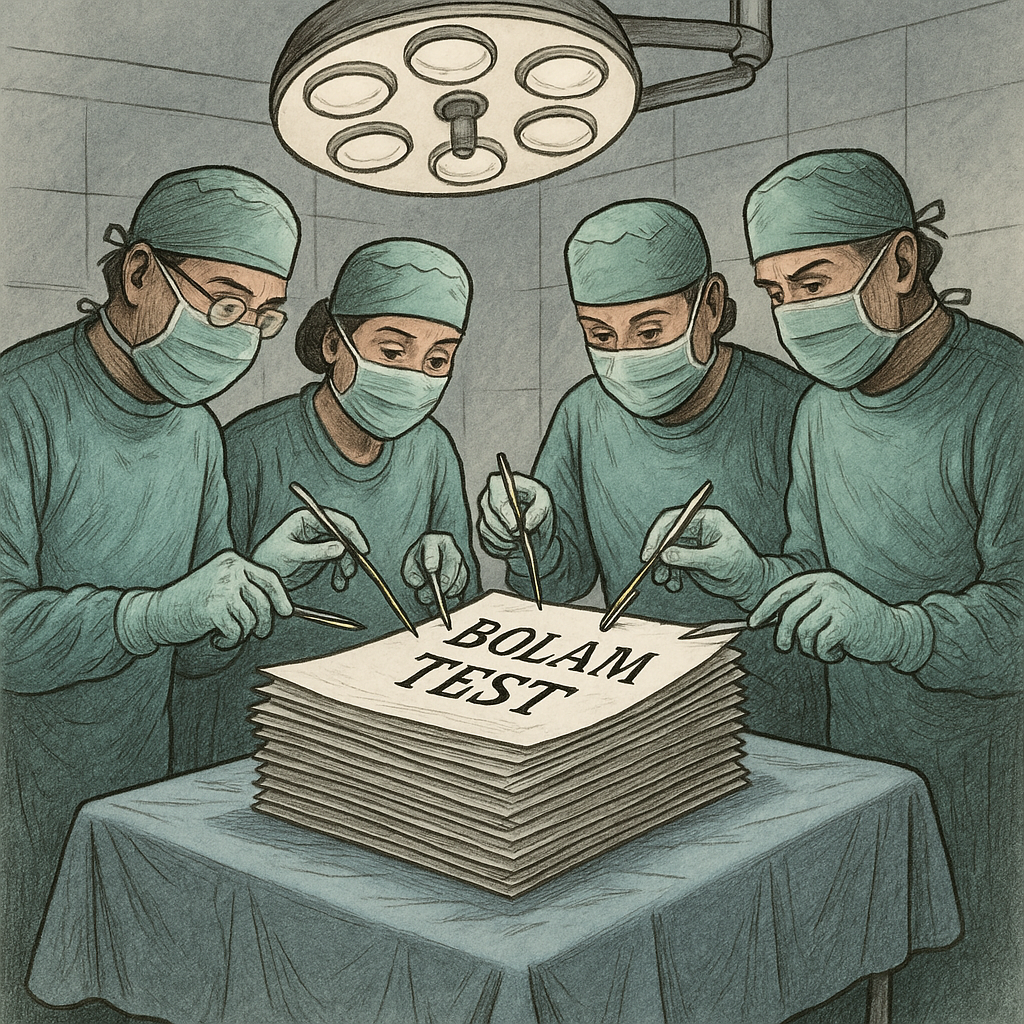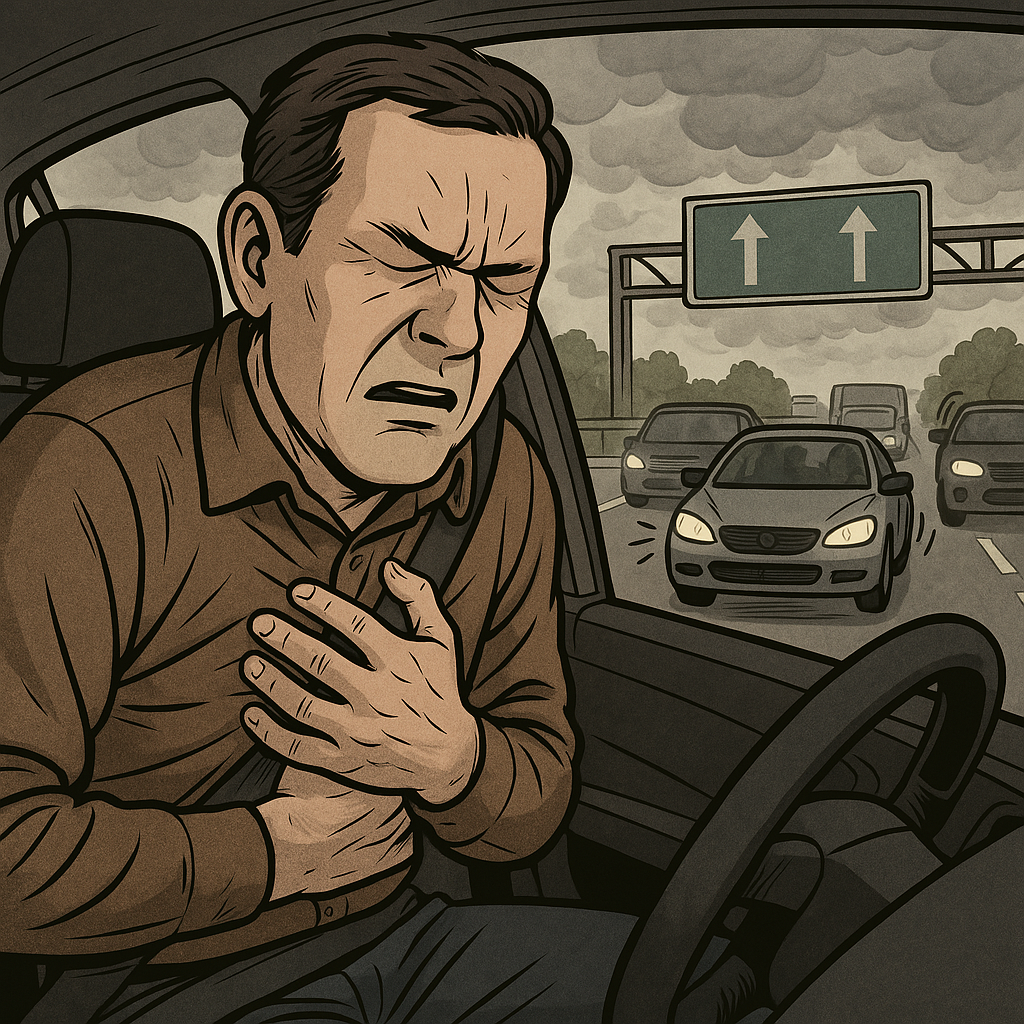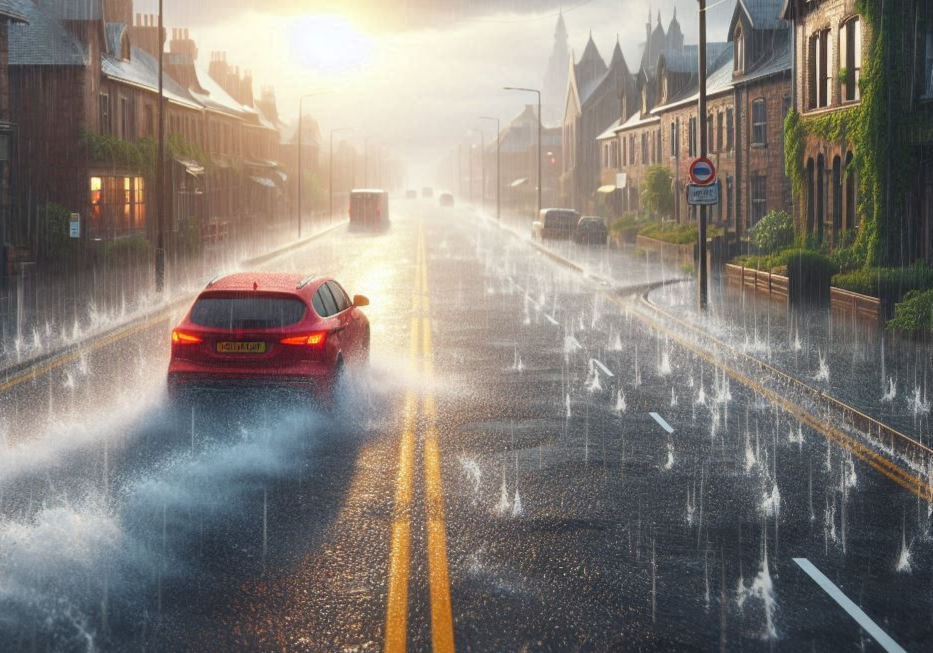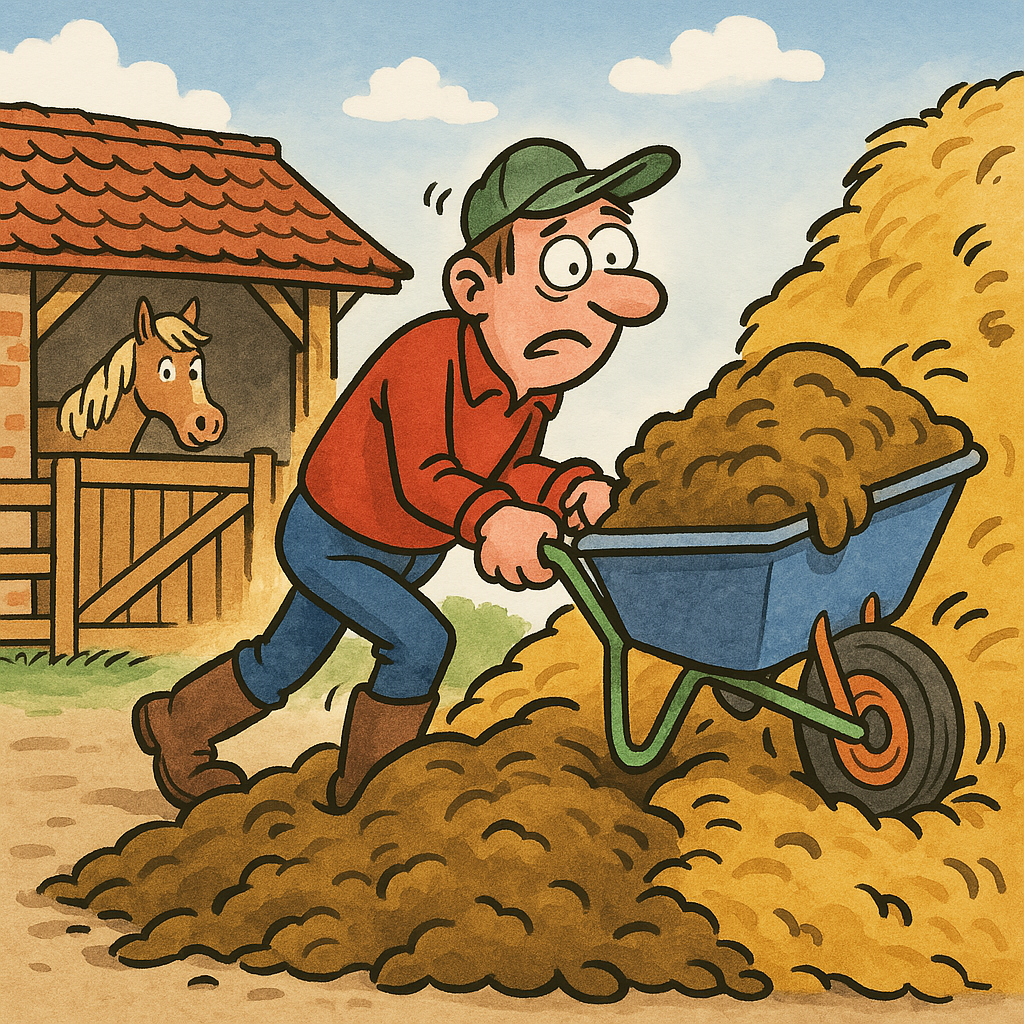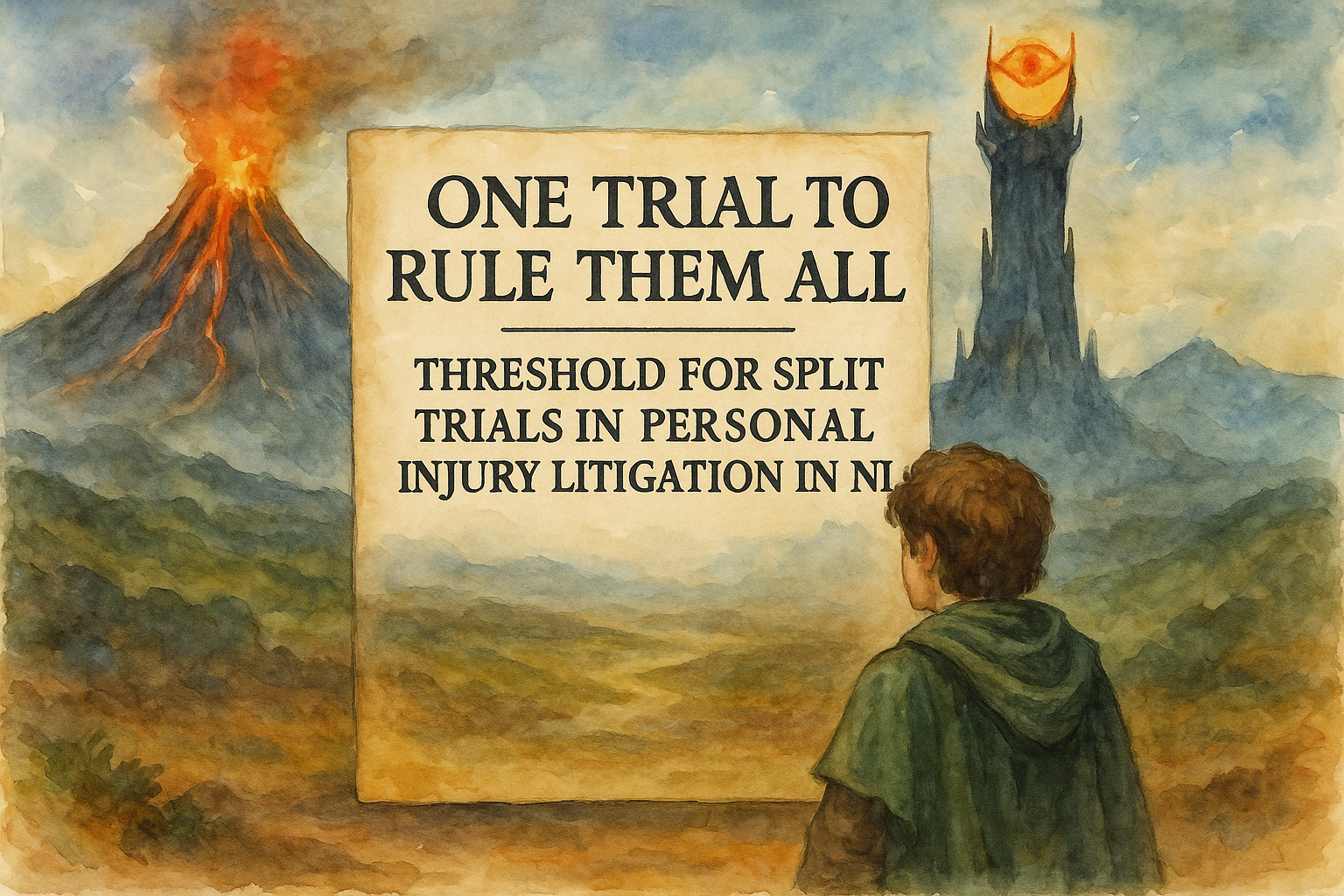Overview
In Owen McFerran v Sean O’Connor, The Chief Constable of the PSNI, and The Northern Ireland Ambulance Service ([2025] NICA 35), the Northern Ireland Court of Appeal delivered an interesting judgment on the use of split trials in personal injury litigation. The court upheld the High Court’s refusal to order a Split Trial, reinforcing the principle that such orders remain exceptional and must be justified by clear procedural or substantive advantages.
This article explores the factual background, procedural developments, and wider implications of the Court of Appeal’s decision—particularly its impact on the appetite for split trials in serious injury cases as well as the suitability of mediation.
Factual Background
The case arose from a tragic road traffic incident in January 2018. The plaintiff, Owen McFerran, then aged 21, was walking along the Moneynick Road with his girlfriend, Shannon McQuillan, when both were struck by a van driven by the first defendant, Sean O’Connor. Ms McQuillan died at the scene, and Mr McFerran sustained catastrophic brain injuries.
Earlier that night, the couple had been involved in an incident requiring ambulance and police intervention. Ms McQuillan, heavily intoxicated, had been removed from the ambulance after becoming abusive. The couple were left at a bus stop and began walking along the unlit road where the collision occurred.
Proceedings were issued against the driver, the Chief Constable of the PSNI, and the Northern Ireland Ambulance Service. Each defendant denied liability, and contributory negligence was pleaded against the plaintiff.
Procedural History and Appeal
Initially, Master Bell ordered a split trial, with liability to be determined first. However, this was overturned by Colton J in the High Court, who found that the complexity of the liability issues did not justify separating them from quantum.
The First Defendant appealed, arguing that the judge gave undue weight to the plaintiff’s brain injury, applied the wrong legal test, and failed to properly consider the overriding objective under Order 1 Rule 1A.
Why Split Trials in Northern Ireland May be Requested
It is common for parties in complex personal injury compensation claims to request a split trial, particularly in cases of substantial value. There may be various reasons, including:
- Disputes on liability,
- Complex issues relating to causation, or
- The fact that quantum simply cannot be assessed for many years due to the claimant being a child or the injury being so severe that the full extent will not be known for some time.
Usually, the issue of liability is tried first. The courts in the past have been keen to accommodate this if it can be shown that a split trial would not only save time, but also costs, whilst serving the interests of those involved. Each case turns on its own facts and circumstances.
Split trials can offer practical advantages:
- Shorter initial hearings: The liability phase of a split trial typically requires less court time than a full trial, making it easier to schedule and potentially bringing forward hearing dates.
- Early resolution: If liability is resolved early—either through judgment or settlement—parties may avoid the need for a quantum hearing altogether.
- Focused preparation: Parties can concentrate resources on the most contentious issues first, which may lead to more efficient litigation overall.
Court of Appeal’s Decision
The Court of Appeal, led by Keegan LCJ, dismissed the appeal. The court reaffirmed that split trials are exceptional and the default remains a single trial unless there is a “real and substantial advantage” in splitting.
The court found that the presence of three defendants, differing legal duties, and factual disputes made it unlikely that a liability-only trial would dispose of the case. The trial judge had properly exercised discretion, considering delay, cost, and the need for active case management.
The Waning Appetite for Split Trials in Northern Ireland
The McFerran decision reflects a broader judicial trend: the courts are increasingly reluctant to order split trials, especially in cases involving catastrophic injuries and multiple defendants. This reluctance stems from the recognition that:
- Overlap of Evidence: In many cases, the evidence relevant to liability is deeply intertwined with that required to assess quantum. Splitting the trial risks duplication of effort and the need for witnesses to give evidence twice.
- Cost Efficiency: The courts are guided by the overriding objective to deal with cases justly and efficiently. Separate trials can lead to increased legal costs, procedural delays, and inefficient use of court resources.
- Settlement Prospects: A single, unified trial often enhances the likelihood of settlement. When all issues are on the table, parties are better positioned to evaluate risk and negotiate resolution.
A Brief Note on Mediation
It is not unreasonable for the party against whom complex legal claims had been made to maintain its entitlement to have those issues resolved by the court. That said, this case invites reflection on the role of mediation in complex personal injury litigation.
The Northern Ireland Courts and Tribunals Service Digital Modernisation Plan, launched in 2021 by Sir Declan Morgan and Naomi Long, places ADR at the heart of its Vision 2030 strategy. The NICTS portfolio of Modernisation Programmes for delivery is now known as Vision 2030 (whose oversight committee includes which includes the Lady Chief Justice, the Department of Justice Permanent Secretary and the NICTS Acting Director and our own Mr Ruaidhrí Austin, Partner), aims to expand ADR use across the justice system.
In McFerran, the need for judicial resolution on liability likely outweighed the benefits of early mediation but it must be said that the virtues and advantages of mediation and other forms of alternative dispute resolution (ADR) are now almost universally recognised. Mediation has flourished in a legal landscape where civil litigation—despite decades of reform—continues to suffer from the three persistent mischiefs of expense, delay, and uncertainty.
Mediation is often promoted as a cost-effective alternative to trial however, mediation is not without its drawbacks. In high-value, multi-party cases like McFerran, the costs of mediation can be significant, and its effectiveness may be limited where parties seek judicial determination on fundamental legal issues. In such cases, mediation may prove to be procedurally complex, time-intensive, and expensive.. An unsuccessful mediation could add a very significant additional layer to the costs of the proceedings not to mention the mediator’s fees. The party who ultimately lost the litigation would likely have to bear those additional costs. Arguably, one or more of the Defendant’s could argue that it would be wholly unreasonable to expect them to accept an invitation to mediate when, depending on the outcome of the liability issues, they might never have to address the damages claim at all.
Lacey Solicitors – Insurance Lawyers
At Lacey Solicitors, we have a track record of advising and representing insurers in complex and high-value personal injury litigation across Northern Ireland and the Republic of Ireland. Our firm has roots firmly in Insurance, and we understand the commercial, procedural, and reputational considerations that arise in these cases.
The decision in McFerran v O’Connor reinforces the importance of active case management and strategic litigation planning from the outset — particularly in multi-defendant claims or those involving catastrophic injury. Our team regularly advises insurers on:
-
The merits of requesting (or resisting) a split trial;
-
Liability risk analysis and evidential preparation;
-
ADR options, including when mediation may or may not be appropriate;
-
Trial strategy, cost containment, and long-term file resolution planning.
We are trusted by Irish insurers for clear, tactical advice and robust representation.
If you wish to discuss this case or another complex personal injury matter, please use our online portal.

